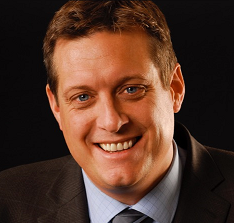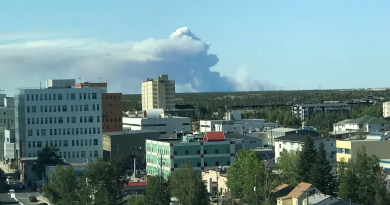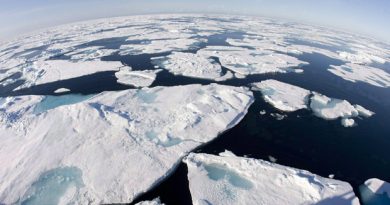Feature Interview: ArcticNet’s 2015 scientific meeting

The ArcticNet scientific meeting took place in Vancouver, British Columbia from December 7-11.
There, hundreds of Canadian scientists and researchers gathered to give presentations on everything from Inuit health to climate change in the North.
The meeting also coincided with the last week of the United Nations climate change summit in Paris, something that put the spotlight on the situation in the North and the kinds of adaptation and mitigation strategies that need to be put in place in Canada’s Arctic communities.

At the end of conference, Eye on the Arctic checked in with the University of Laval’s Martin Fortier, ArcticNet’s executive director, to find out more about where northern science in Canada is headed and the importance of incorporating traditional Inuit knowledge and partnerships into the research being done:
Related stories from around the North:
Canada: Canada & Sweden cooperate on Arctic science, Eye on the Arctic
Norway: Norway’s polar satellite centre, Deutsche Welle’s Iceblogger
Sweden: Sweden developes new space strategy, Radio Sweden
United States: Better technology stretches Arctic Alaska’s shrinking tundra travel season, Alaska Dispatch News



